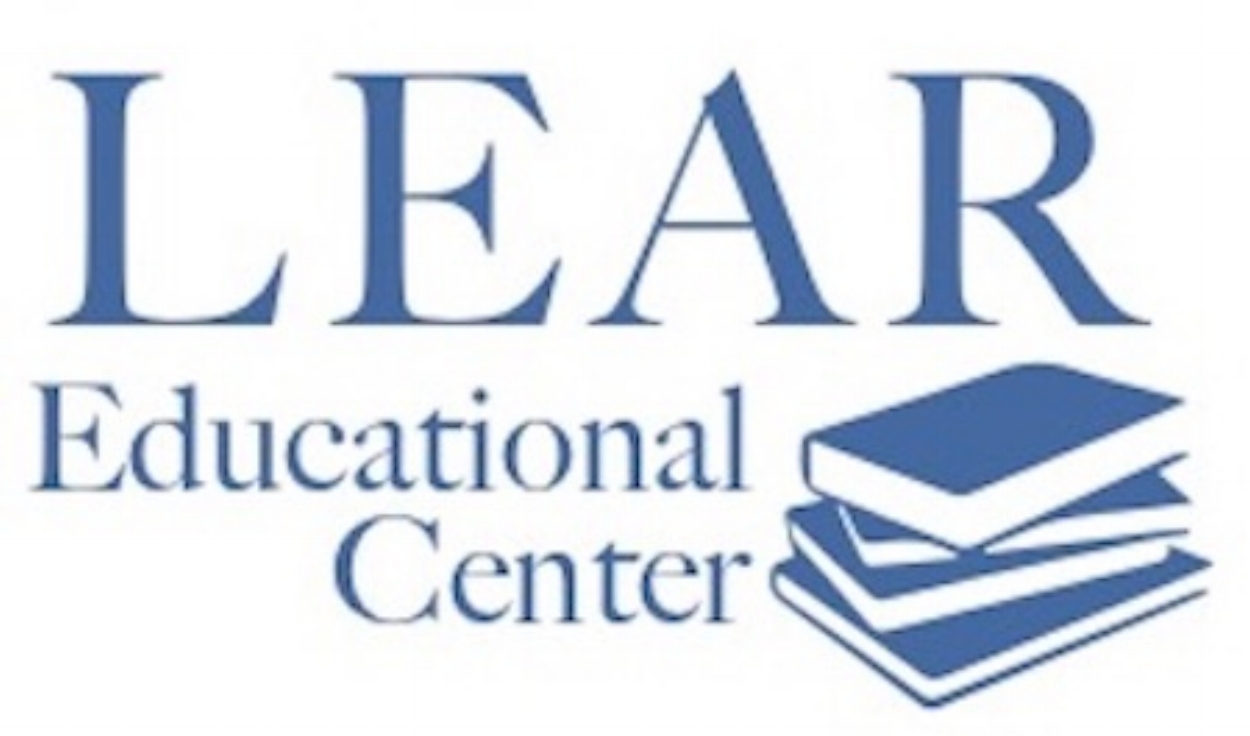Auditory Processing Disorder (also called Central Auditory Processing Disorder)
Students with Auditory Processing Disorder may listen attentively yet not take in information. They may have normal hearing, but they have trouble registering what they are hearing and remembering what they hear. They have a weakness in basic skills for decoding language, a skill which most children develop naturally.
They have difficulty following directions as they miss things in conversation or improperly interpret what was said. A weakness in auditory discrimination leads them to fail to notice or distinguish between distinct and separate sounds.
Students with APD find it difficult to express themselves clearly and they often speak using incorrect phonemes when pronouncing a word.
They have trouble rhyming because they tend to focus on the beginning of a word and don't detect that certain words are ending with the same sound.
Students with Auditory Processing Disorder often have difficulty with background noise interference. They may fail to pick out a voice clearly enough to be able to focus on and understand the main speaker. This may cause frustration and loss of interest in what is being said.
The ability to retain what is heard is also diminished with Auditory Processing Disorder where auditory memory is concerned. For these students an emphasis on the written word, the picture image and the tactile experience (such as tapping out sounds or working with beads while counting) is necessary for recall.
Students with Auditory Processing Disorder often have a weakness in sequencing and a difficulty understanding the order of sounds, syllables, numbers, and step-by-step instructions. Educational programs that accommodate and compensate for the learning differences of these students are required.
Lear Educational Center provides tutoring designed to meet their individual needs, including structured time strategies and techniques.
Our programs foster enthusiasm, comprehension and retention. They feature:
Multi-sensory teaching (sight, hearing, touch and movement) to encourage and maintain interest.
Visual, spoken and written explanations of concepts which assist the students to image and verbalize the reasoning of the concept.
Gradual introduction of new concepts and skills with frequent review so as to enhance recollection of prior learning and promote mastery of basics.
An emphasis on comprehension and retention so that students can effectively progress through more complex levels.
Introduction of strategies which the student can use to meet the learning challenges of today as well as the classroom challenges of tomorrow.
We use programs that are widely acclaimed for their success in teaching students with learning differences. These programs include Lindamood-Bell, Saxon, Wilson and Orton-Gillingham.




